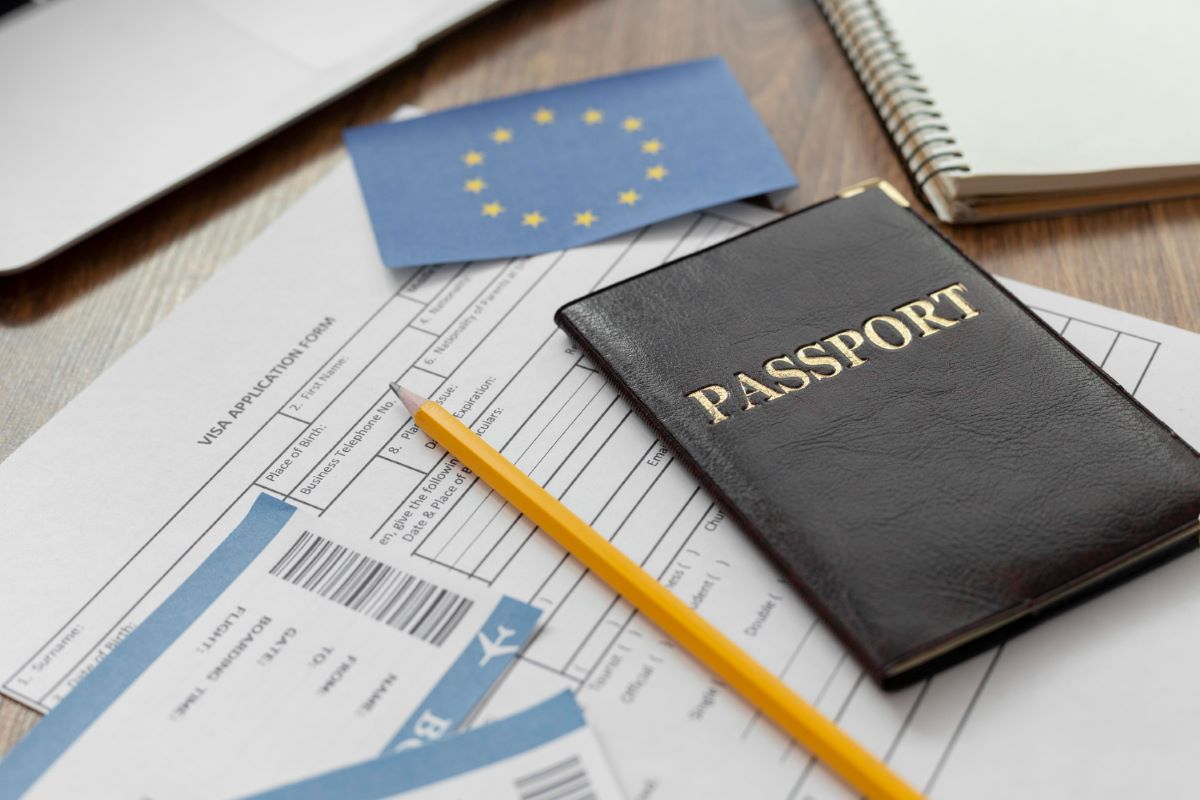What is the Schengen Work Permit?
The Schengen Work Permit allows non-EU nationals to live and work in one of the 27 Schengen countries. Each country has its own work permit system, but the Schengen visa allows for short-term business and work-related stays across the area. For long-term work, a national work permit is required.
Key Features:
- Valid for work in a specific Schengen country
- Allows travel within the Schengen Area
- Issued for 1-2 years, renewable
- Pathway to long-term residency
- Family reunification rights (varies by country)
Eligibility & Requirements
| Requirement | Details |
|---|---|
| Non-EU National | Citizens of non-EU countries |
| Job Offer | Binding job offer or contract in a Schengen country |
| Qualifications | Relevant education or experience |
| Salary Threshold | Above national minimum (varies by country) |
| Health Insurance | Valid coverage in the host country |
| Background | No criminal record |
Required Documents
Personal Documents:
- Valid passport
- Application form
- Recent photos
- CV/Resume
- Health insurance proof
Employment Documents:
- Job offer/contract
- Salary details
- Employer's company registration
- Tax documents (if required)
- Motivation letter
Application Process
- Secure a job offer from a Schengen employer
- Gather required documents
- Submit application to the relevant national authority or embassy
- Attend interview/biometrics (if required)
- Wait for approval (1-3 months typical)
- Receive work permit and move to the Schengen country
Rights & Benefits
- Live and work in the issuing Schengen country
- Travel within the Schengen Area
- Bring family members (varies by country)
- Pathway to long-term EU residency
- Equal treatment with nationals in work and social rights
Living in the Schengen Area
- Access to healthcare and social services
- Open a bank account
- Register residence and address
- Language and integration courses
- Support for family members
Common Challenges & Solutions
- Country-specific rules - Check requirements for your destination
- Language barrier - Take language courses
- Processing delays - Apply early and track status
- Recognition of qualifications - Use official recognition services
- Family reunification - Prepare documents in advance
